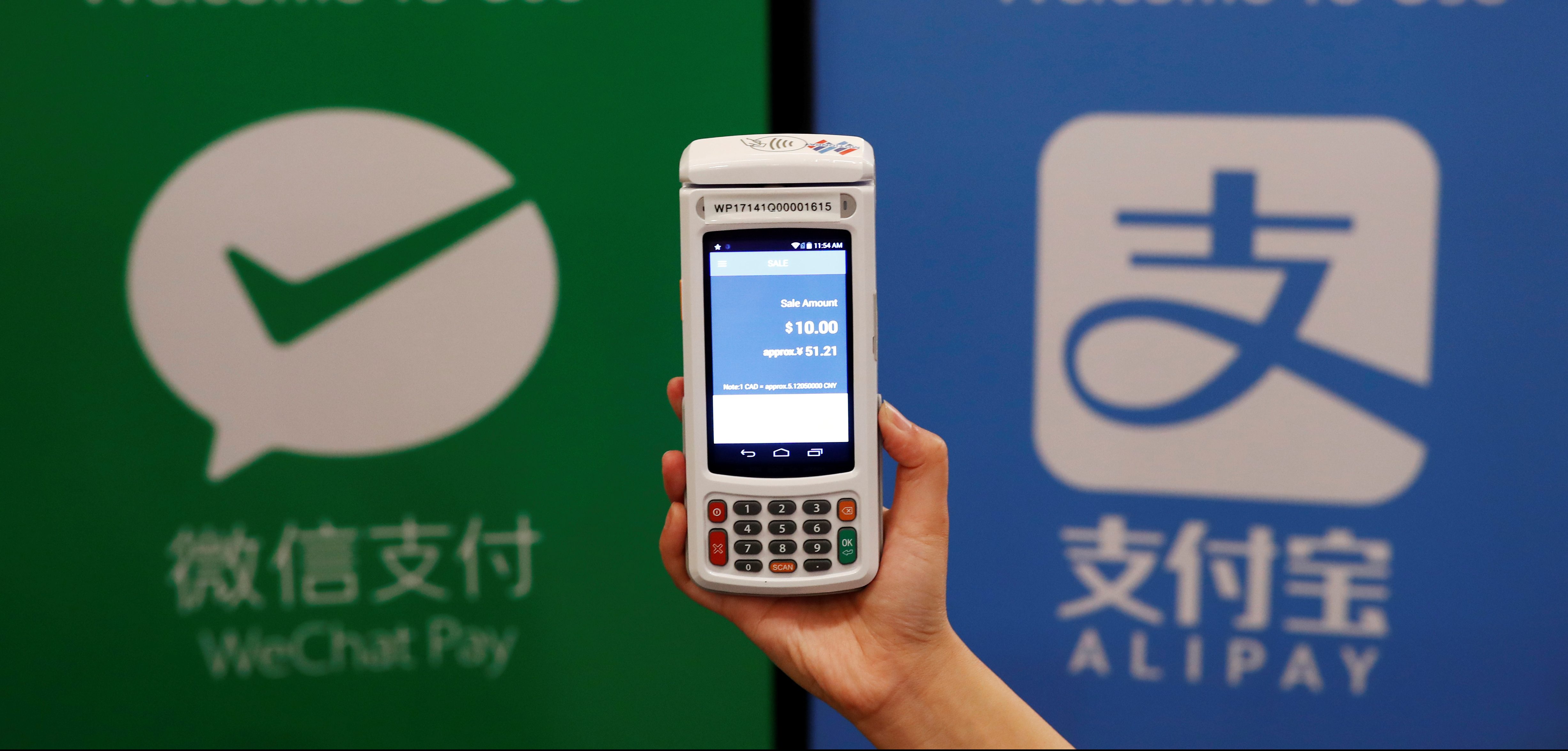
Prior to the appearance of mobile payment apps in China, the country was primarily a cash-based society. From meals, clothing, rent, bills, taxis, and almost everything else, paying cash was the norm. Now the payment apps like Alipay and WeChat are transforming China into a cashless society where transactions are commonly carried out via the phone in your pocket. Nearly, 83% of Chinese tourists would ask whether or not companies support mobile payment, and 93% would consider paying through mobile more frequently if more international businesses accepted this form of payment.
Now, China has moved one step ahead in digital and card payment by giving an approval to an affiliate of American Express Co. for a payments license from Beijing to build a payments network and settle card charges. This can boost China’s inbound tourism. As of now, China accounted for $261.1 billion in travel spending. The country is leading with a 21.4% market share — marketers are reaching deep into their toolkits to gain a competitive advantage with Chinese tourists.
American Express (AmEx) is the first foreign company to obtain approval for such a license from the People’s Bank of China. Given the structure of the Chinese payments industry, the approval may, in fact, be little more than an empty signal to gain political capital ahead of a planned meeting between Chinese Communist Party leader Xi Jinping and President Donald Trump at the G20 summit later this month.
With the approval, Express (Hangzhou) Technology Services Co., a joint-venture between AmEx and Chinese fintech company LianLian, will operate a credit card-payment network that will allow AmEx-branded cards to be used, cleared, and settled domestically. AmEx will earn a fee on such charges, which will accelerate revenue and the venture should prove profitable.
This decision shows that China is bowing, at least nominally, to pressure by the Trump administration. Trump has been critical of China’s financial services industry, which is largely closed to foreign competition. Six years ago, the World Trade Organization ruled that China discriminated against foreign card issuers. But little progress had been made on opening the industry.
A subsidiary of California-based Visa Inc. also submitted an application for payments license last year, but hasn’t yet obtained approval from the Chinese regime. Allowing AmEx—and potentially Visa—to operate in China makes positive headlines, but neither company should be expected to become a major player in the Chinese payments space. The Chinese credit-card sector is currently a monopoly dominated by state-owned China UnionPay, which controls more than 90 percent of the market. There is little incentive for most Chinese consumers to switch to another card issuer.
Another challenge facing new card entrants is its usage rate—charging purchases to a card isn’t prevalent among Chinese consumers. Unlike in the United States, where “plastic” has been used since the 1970s, Chinese consumers have only recently graduated from using cash exclusively.
As of now We Chat Pay and Alibaba’s Alipay hold dominant positions in the mobile payments sector. This is with a combination of 90 percent market share during 2017. EMarketer forecasts that 525 million people in China will use mobile payments this year, or 45.2 percent of the population.